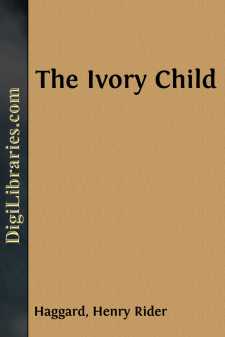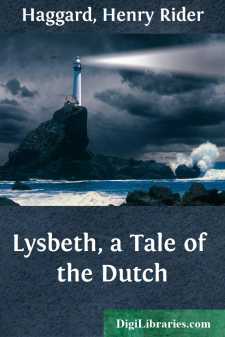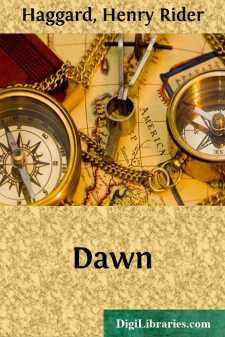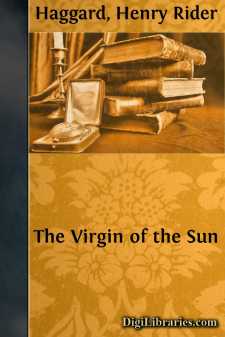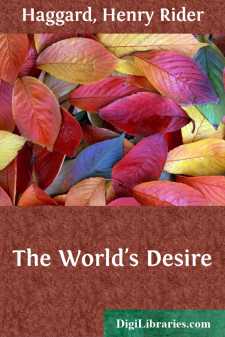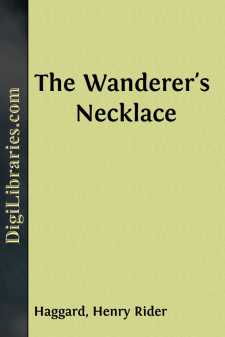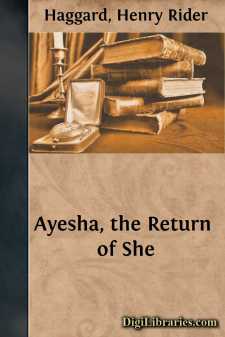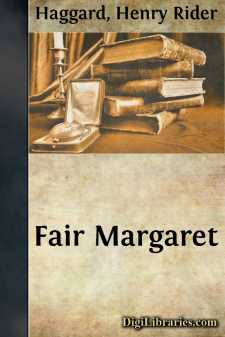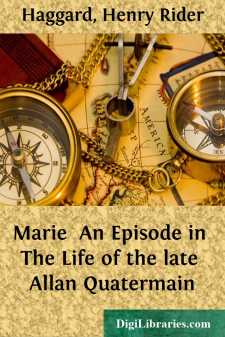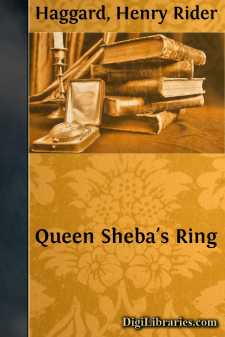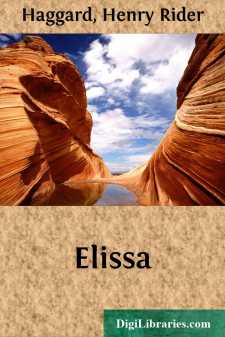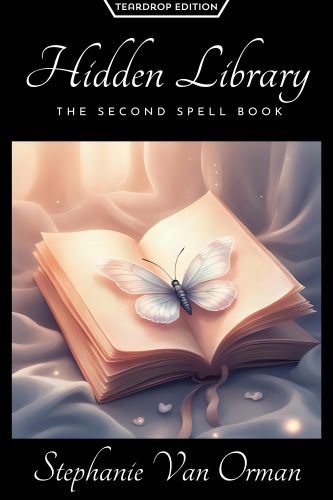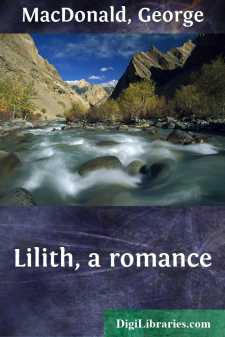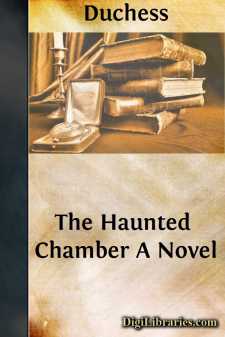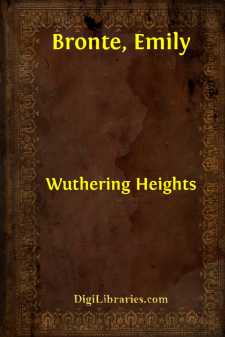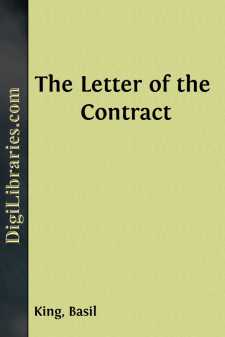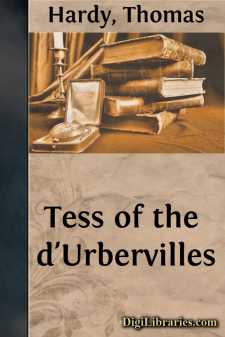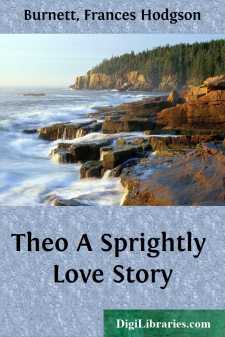Categories
- Antiques & Collectibles 13
- Architecture 36
- Art 48
- Bibles 22
- Biography & Autobiography 815
- Body, Mind & Spirit 144
- Business & Economics 28
- Children's Books 18
- Children's Fiction 14
- Computers 4
- Cooking 94
- Crafts & Hobbies 4
- Drama 346
- Education 58
- Family & Relationships 59
- Fiction 11834
- Games 19
- Gardening 17
- Health & Fitness 34
- History 1378
- House & Home 1
- Humor 147
- Juvenile Fiction 1873
- Juvenile Nonfiction 202
- Language Arts & Disciplines 89
- Law 16
- Literary Collections 686
- Literary Criticism 179
- Mathematics 13
- Medical 41
- Music 40
- Nature 179
- Non-Classifiable 1768
- Performing Arts 7
- Periodicals 1453
- Philosophy 65
- Photography 2
- Poetry 896
- Political Science 203
- Psychology 44
- Reference 154
- Religion 515
- Science 126
- Self-Help 85
- Social Science 82
- Sports & Recreation 34
- Study Aids 3
- Technology & Engineering 59
- Transportation 23
- Travel 463
- True Crime 29
Our website is made possible by displaying online advertisements to our visitors.
Please consider supporting us by disabling your ad blocker.
The Ivory Child
Description:
Excerpt
ALLAN GIVES A SHOOTING LESSON
Now I, Allan Quatermain, come to the story of what was, perhaps, one of the strangest of all the adventures which have befallen me in the course of a life that so far can scarcely be called tame or humdrum.
Amongst many other things it tells of the war against the Black Kendah people and the dead of Jana, their elephant god. Often since then I have wondered if this creature was or was not anything more than a mere gigantic beast of the forest. It seems improbable, even impossible, but the reader of future days may judge of this matter for himself.
Also he can form his opinion as to the religion of the White Kendah and their pretensions to a certain degree of magical skill. Of this magic I will make only one remark: If it existed at all, it was by no means infallible. To take a single instance, Harût and Marût were convinced by divination that I, and I only, could kill Jana, which was why they invited me to Kendahland. Yet in the end it was Hans who killed him. Jana nearly killed me!
Now to my tale.
In another history, called "The Holy Flower," I have told how I came to England with a young gentleman of the name of Scroope, partly to see him safely home after a hunting accident, and partly to try to dispose of a unique orchid for a friend of mine called Brother John by the white people, and Dogeetah by the natives, who was popularly supposed to be mad, but, in fact, was very sane indeed. So sane was he that he pursued what seemed to be an absolutely desperate quest for over twenty years, until, with some humble assistance on my part, he brought it to a curiously successful issue. But all this tale is told in "The Holy Flower," and I only allude to it here, that is at present, to explain how I came to be in England.
While in this country I stayed for a few days with Scroope, or, rather, with his fiancée and her people, at a fine house in Essex. (I called it Essex to avoid the place being identified, but really it was one of the neighbouring counties.) During my visit I was taken to see a much finer place, a splendid old castle with brick gateway towers, that had been wonderfully well restored and turned into a most luxurious modern dwelling. Let us call it "Ragnall," the seat of a baron of that name.
I had heard a good deal about Lord Ragnall, who, according to all accounts, seemed a kind of Admirable Crichton. He was said to be wonderfully handsome, a great scholar—he had taken a double first at college; a great athlete—he had been captain of the Oxford boat at the University race; a very promising speaker who had already made his mark in the House of Lords; a sportsman who had shot tigers and other large game in India; a poet who had published a successful volume of verse under a pseudonym; a good solider until he left the Service; and lastly, a man of enormous wealth, owning, in addition to his estates, several coal mines and an entire town in the north of England.
"Dear me!" I said when the list was finished, "he seems to have been born with a whole case of gold spoons in his mouth....


